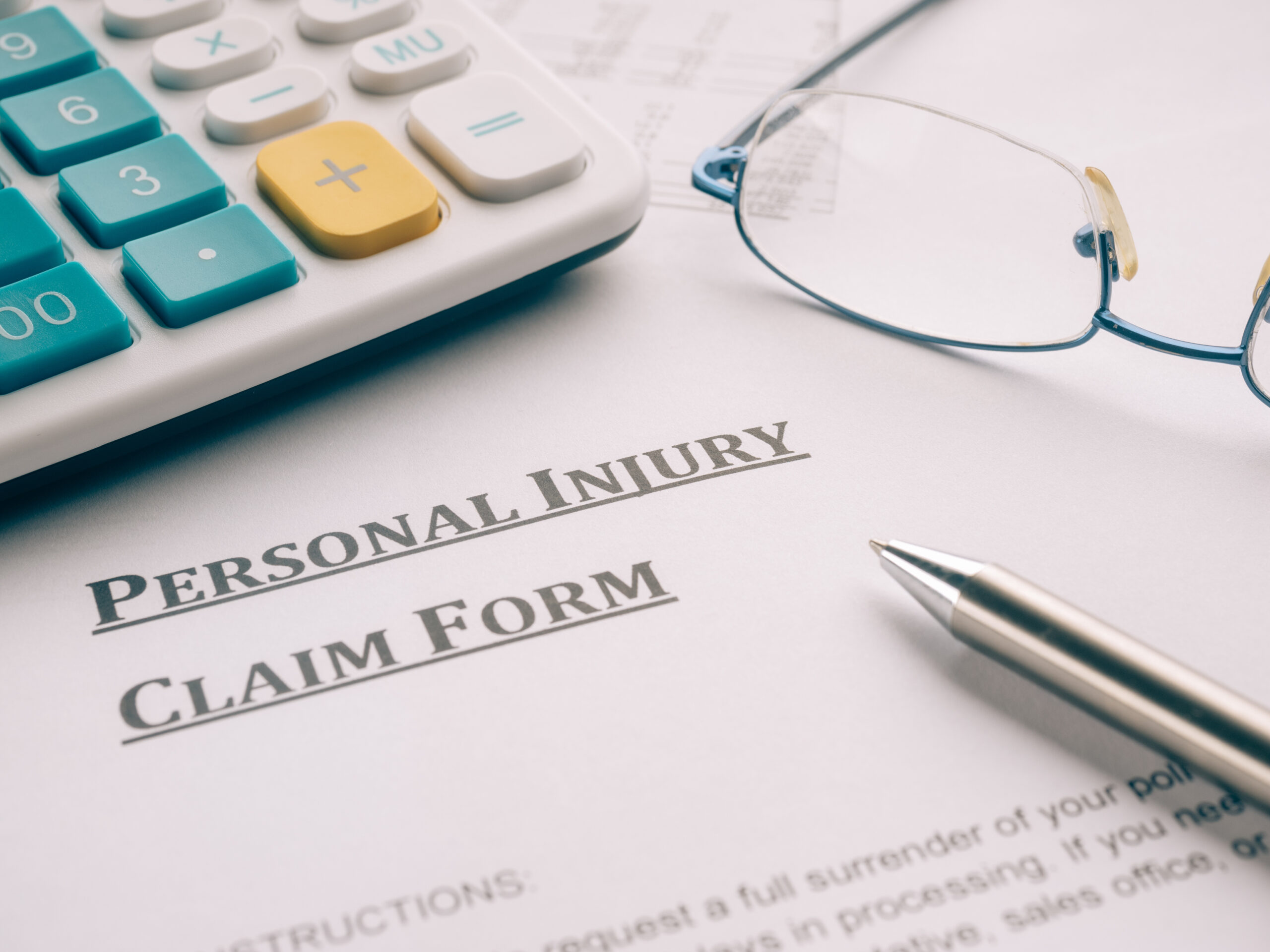- 10 Jul 2024
- •
- 2 min read
Defending a Personal Injury Claim: Guidance for In-House Lawyers and Compliance Teams

When faced with a personal injury claim, many businesses rely on insurance coverage to handle the situation. Typically, you would notify your insurers, and they would manage the claim. However, there are instances where insurance coverage is unavailable, and legal and compliance teams need to take immediate action.
Understanding the Absence of Insurance Coverage
There are several reasons why a claim might lack insurance coverage:
- Historical Events: Claims from events long past, such as asbestos exposure or noise-induced hearing loss, where insurance details are lost.
- Uninsurable Events: Claims involving abuse or assault, which public policy dictates cannot be insured.
- Policy Breaches: Situations where insurers deny coverage due to policy breaches.
Avoiding Common Pitfalls in Personal Injury Claims
It’s crucial to avoid falling foul of common mistakes when defending a personal injury claim. Our team at Trethowans frequently assists clients who have already encountered these issues, often making their position more challenging. Some common mistakes include:
- Court Deadlines: Missing court deadlines can result in a default judgment, where the court rules against you without a contest. Swift action is essential to set aside such judgments.
- Settlement Agreements: Settling a claim on a ‘without prejudice’ basis without verifying recoverable benefits or NHS charges can lead to unexpected liabilities. Always register the case with the Department for Work and Pensions (DWP) and obtain the necessary certificates to avoid surprises.
Types of Personal Injury Claims
Personal injury claims can arise in various circumstances, including:
- Road traffic accidents
- Employer’s liability claims
- Public liability claims
- Product liability claims
- Equine and animal claims
- International claims
- Asbestos and noise-induced hearing loss cases
- Abuse and assault claims
Initial Steps to Take
Without insurance cover, it’s prudent to seek professional advice. Key steps include:
- Evidence Gathering: Document events in writing, collect witness accounts and preserve contemporaneous evidence such as CCTV footage, photographs and accident reports.
- Compliance: Adhere strictly to deadlines for letters of claim and court proceedings.
Assessing Your Defence
Several potential defences/partial defences can be considered:
- Limitation: Claims must generally be filed within three years of the event, however there are some exceptions.
- Duty/Standard of Care: The claimant must prove you owed a duty of care and breached it due to your conduct falling below an appropriate standard of care.
- Causation: The claimant must show the breach caused their injury or loss, which may require expert evidence.
- Vicarious Liability: It is sometimes possible to defend claims on the basis that an employee was not acting within the scope of their employment.
- Contributory Negligence: In some cases it is possible to argue the claimant’s partial fault, such as not wearing a seat belt or helmet in motoring cases.
- Specific Defences: Depending on the case, defences like illegality, automatism or Volenti (voluntary assumption of risk) may apply.
Negotiating a Settlement
In some cases, denying liability is appropriate. In others, admitting liability and negotiating a settlement might be more cost-effective. Consider the value or quantum of the claim, supported by evidence, and engage in negotiations through ‘without prejudice’ communications or more formal methods like joint settlement meetings or mediation.
Valuing a Claim
Claims require medical evidence and are valued based on:
- General Damages: Compensation for pain, suffering and loss of amenity, assessed using the Judicial College Guidelines and comparable cases.
- Special Damages: Financial losses directly resulting from the breach and injury.
For further assistance and detailed advice, please contact Kelvin Farmaner, Partner and Head of the Insurance and Regulatory team at Trethowans, via email at [email protected] or telephone on 023 8082 0527.





